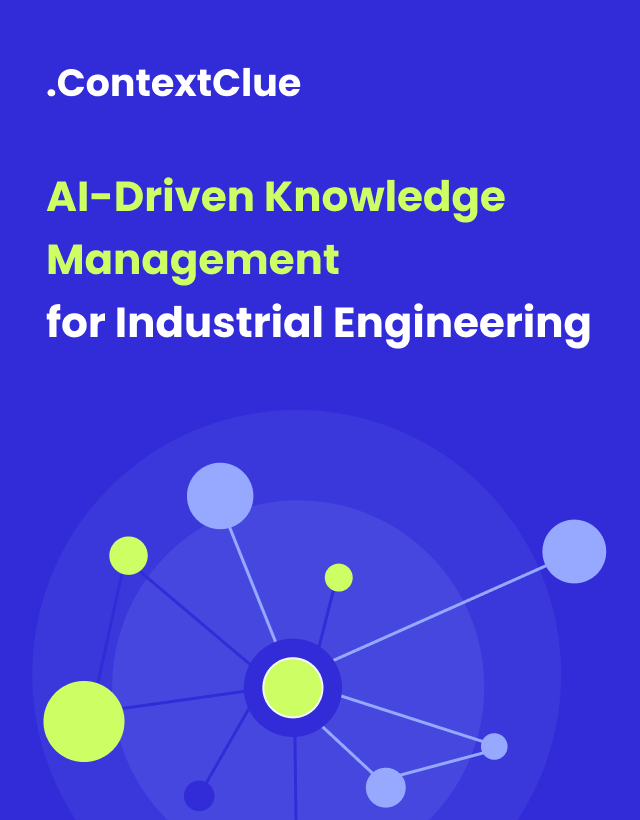
Optimizing Airport Stand Assignment for Efficiency and Business Impact with AI
Airports face constant challenges in planning and assigning aircraft to stands (the equivalent of gates), and balancing operational efficiency with business objectives. This case study examines the development and implementation of a stand optimization system designed to address these challenges by integrating rule-based constraints with business value-driven AI decision-making.
Case Study Shortcut
Challenge
Resource Allocation for Revenue Optimization
Identifying and prioritizing high-value stands to increase traffic through areas with greater business potential.
Passenger Connectivity
Ensuring smooth and timely transitions for passengers with connecting flights, minimizing delays and disruptions.
Sustainability Goals
Reducing environmental impact by optimizing stand placement to minimize aircraft travel distances and fuel consumption
Goal
The primary goal was to enhance airport operations through a sophisticated tool that enabled efficient aircraft assignment to stands. By combining established operational rules with business key performance indicators (KPIs), the system aimed to maximize revenue generation, improve passenger experience, and support environmental sustainability.
Outcome
This case study demonstrates the potential of combining rule-based systems with business intelligence to create impactful optimization tools. By addressing complex operational challenges and aligning decisions with business goals, the stand optimization system not only streamlined airport operations but also delivered tangible business and environmental benefits.
Before
- Inefficient stand assignments, causing delays and disruptions.
- Missed revenue opportunities from underutilized high-value stands.
- High fuel consumption and carbon emissions.
After
- Improved efficiency with reduced turnaround times and smoother connectivity.
- Increased revenue from high-value stand utilization.
- Lower fuel usage and emissions through optimized assignments.

Integrate those solutions in your company
Case Study Details
Approach
Historical Data Analysis for Pattern Recognition
- The system leveraged historical operational data to identify recurring patterns in passenger movement, stand usage efficiency, and high-revenue zones. It enabled the model to make informed, data-driven decisions grounded in real-world airport dynamics.
Integration of Rule-Based Constraints and Business KPIs
- Rather than relying solely on AI, the approach combined: operational rules (e.g., aircraft size compatibility, turnaround time constraints), and business objectives (e.g., prioritizing high-value stands, maximizing retail exposure).
Input for Adaptive Decision-Making
- Incorporated operational data (e.g., flight delays, gate availability) to dynamically adjust recommendations, ensuring the system could respond to disruptions and changes on the fly.
Multi-Objective Optimization Strategy
- Operational efficiency (reduced delays and faster turnaround)
- Passenger experience (shorter transfer times, better connectivity)
- Environmental impact (minimized taxiing distances to reduce fuel use and emissions)















